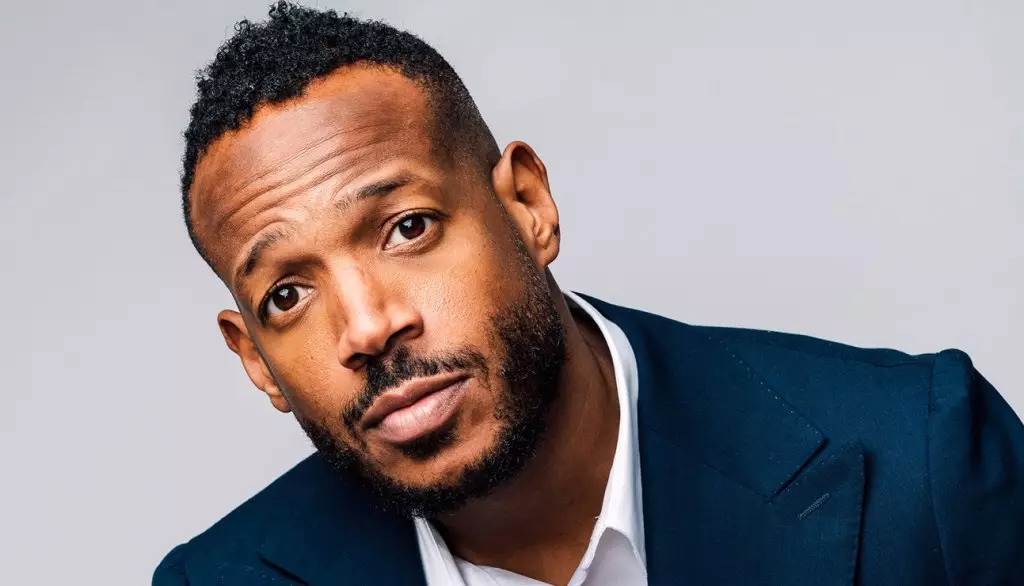In a moment where sports documentaries often confine themselves to superstar highlights and commercial interests, the upcoming film “Unraveling George” promises to peel back the layers of a man whose influence transcends the boundaries of basketball and touches the heart of American history and civil rights. Yet, even as anticipation builds around this documentary, a sober critique urges us to ask: Are we truly ready to recognize the depth of George Raveling’s legacy, or will he remain an understated figure, overshadowed by the louder, more glamorous icons? The narrative surrounding Raveling, much like the man himself, challenges mainstream narratives and invites viewers to re-evaluate what it means to be impactful in American culture.
Unearthing the Silent Pillar of African-American Progress
Most casual sports fans might remember Ron Raveling as a distinguished coach and Nike executive, but few understand the profound civil rights significance embedded in his story. His connection to Dr. Martin Luther King Jr., owning the original “I Have a Dream” speech, is often a footnote in broader discussions about social justice. However, this piece of history is emblematic of a man who was present at the margins—yet lived at their core—shaping history in ways that go beneath the surface.
The documentary’s focus on Raveling’s behind-the-scenes work—his role in sending Michael Jordan to Nike, bringing global basketball figures like Dirk Nowitzki to the U.S., and mentoring countless young men—should elevate him to the status of an icon beyond the court. Unfortunately, societal tendencies tend to overlook such individuals, favoring flashy narratives over quiet contributions. A comprehensive look at his life’s work reveals a persistent effort to elevate African-American representation in sports and culture, making him an essential yet underappreciated figure in American history.
The Risks of Glorifying Celebrity While Ignoring Substance
The roster of luminaries involved in the documentary—Marlon Wayans, Ben Affleck, Phil Knight, and Hall of Fame coaches—signals an attempt at mainstream appeal. But this spectacle risks reducing Raveling’s story to a token gesture, rather than a meaningful acknowledgment of his enduring influence. While it’s empowering to have such stars narrate or produce this endeavor, the risk remains that the narrative becomes sanitized or diluted, emphasizing entertainment over substance.
An honest critique must question whether this film will truly challenge the audience’s perceptions or reinforce existing stereotypes about black excellence—highlighting only the surface achievements while neglecting the deeper struggles and systemic barriers Raveling faced. Moreover, the focus on high-profile figures may marginalize the very essence of Raveling’s legacy: a lifelong commitment to social justice and mentorship that often played out in the shadows of fame.
The Danger of Historical Amnesia and the Missed Opportunity for Broader Dialogue
In the broader cultural landscape, stories like Raveling’s risk being forgotten as merely peripheral stories of black achievement rather than pivotal moments in American history. The film’s potential to serve as a catalyst for discourse on racial inequality, civil rights, and the ongoing struggle for representation is tantalizing but not guaranteed. Given the film’s high-profile producers and the commemorative nature of its premiere, there is a real danger that it becomes a sentimental homage rather than a provocative critique.
To deepen the dialogue, the documentary should confront uncomfortable truths—acknowledging the persistent systemic barriers that still impede African-American progress in sports, education, and society at large. Only then can it serve as a catalyst for meaningful change rather than just a nostalgic reminder of a bygone era.
Ultimately, the film’s true test lies in its capacity to elevate George Raveling from the shadows into the spotlight he richly deserves. As a figure who embodies resilience, mentorship, and civil rights advocacy, his story has the power to inspire a new generation to see beyond superficial accomplishments and recognize the quiet giants whose footprints define progress. The challenge for this documentary is whether it can confront its own potential for superficiality and instead offer an uncompromising portrait of a man who, far from being just “Zelig” in African-American history, is a foundational pillar.
In an era obsessed with celebrity and instant gratification, there’s something profoundly necessary about honoring those who shape our social fabric behind the scenes. Raveling’s legacy demands more than a film premiere; it demands an acknowledgment of the substantive changes he helped foster—changes that, if done correctly, could finally break the cycle of forgetfulness that often cloaks figures like him. The question remains: Will the documentary seize this opportunity, or will it fade into the obscurity of many well-meaning projects that neglect the depth of their subjects? The answer will determine whether George Raveling’s story becomes a legend, or just another story left behind, waiting to be truly unraveled.


Leave a Reply